I was thinking about tragedy. Could one use the term ‘chronically tragic’? My first instinct is against. Tragedy is the soul-ravaging final scene of Othello or King Lear, when hope is overpowered by implacable despair. In Kent’s words: ‘Break, heart; I prithee, break.’ Flesh and blood could not withstand such emotional intensity in chronic form. Then again, how else can we describe the modern history of Lebanon?
I have just heard of the passing of a splendid old girl. Yvonne Sursock was caught up in the terrible explosion which shattered Beirut at the start of August. Being a tough old bird, she lived for more than two weeks. Being 98, she succumbed. Yvonne could claim kinship with most of the Christian great and good along the Mediterranean littoral. I first met her 30 years ago, in her small palace in Ashrafieh, just before a further phase in the Lebanese civil war. There were rumours that renewed conflict was imminent, and suggestions that we visitors should abort our trip and jump on a boat for Cyprus before we were cut off. We decided to persevere, but with every passing hour the tension was mounting.
Not chez Sursock. Yvonne had made only one concession to the voices prophesying war. The oil paintings had been removed from their frames. Otherwise, we were surrounded by antique splendour. I have never attended a more extraordinary dinner. The dining chairs were brocaded. We ate off gilt plates. If my memory serves me, there was a liveried footman behind every place.
As for the food, there is only one way to describe it: filthy. Even then, it was some time since I had eaten at a doner kebab stall. But I think that the lowest form of doner life on the Edgware Road would have been as palatable as the scraps congealing on the silver-gilt. I wondered what they were feasting on in the servants’ hall. Yvonne herself clearly had no interestin her diet, and ate like a bird. Perhaps that is how you live to be 98.
The conversation was lively. So, increasingly, was the background noise. Boom, boom, BOOM! Bang, bang, BANG! ‘Don’t worry,’ trilled Yvonne. ‘It’s just feux de joie.’ In the face of such confidence, it would have seemed cowardly to voice anxiety. Even so, I wondered if the locals really did use artillery shells to proclaim their joie. That night, although we were billeted in a comfortable apartment, it was hard to sleep. In an otherwise silent city, the shells sounded as if they were landing in the next room (the building was destroyed a few weeks later). The following morning, now indeed cut off, we moved to army rations in the cellars of the presidential palace at Baabda. Although the upper floors had been wrecked, the cellar walls were sturdy. That was just as well. The Syrians, poised on the brink of intervention, could deploy some formidable heavy artillery.
After a couple of days, we escaped to the British ambassador’s summer residence which was much more comfortable, although probably less safe. One of the contending forces was dug in below us. The other had positions above, in the hills. Although they intermittently shelled each other, we were unaware of the ordnance overhead, and nothing fell short. It was a good coign of vantage from which to observe the tragedy of Lebanon.
Lebanon had been a complex political structure based on confessional compromises. That gradually broke down, and the country was relentlessly embroiled in the wider problems of the region. All this was exacerbated by domestic travails. General Aoun, a Maronite Christian who was then Prime Minister, had decided to crush his enemies in the Maronite community. It remains unclear what advantages this was supposed to bring for anyone not caught up in personal ambitions and rivalries. The war resulted in casual slaughters and the weakening of the Christian enclave, while the Syrians watched, waited and then pounced.
Despite the uncertainties of our trip — not least, when we would get out — there was always a sense of haec olim meminisse iuvabit. That did not apply to the poor Lebanese. One had an aching feeling that they deserved so much better. During the occasional ceasefires, one lot of kids would gather brass shell-casings to sell for scrap. Another lot would sell oranges beside the road. To borrow from George W. Bush, the locals do have a word for entrepreneur: a Lebanese. Since then, those children have grown up to endure 30 years of misgovernment, corruption and violence. No doubt some have been killed, and some have joined the Lebanese diaspora, so that other countries have benefited from the talents and energies Lebanon desperately needed.
In the 1950s, Beirut had taken over from Alexandria as the sensual capital of the Middle East. ‘Too much of a good thing can be wonderful’ was the ethos. The locals could offer every vice known to man, plus the ones they had invented. This may have had a chronic influence on British foreign policy. MECAS — the Middle East Centre for Arabic Studies — taught Arabic to a generation of diplomats. Learning danced cheek to cheek with pleasure. During much of the year, it was possible to swim in the morning and ski in the afternoon, or vice versa, while female company was available to young men recently released from the cloistral segregation of Oxbridge. Many MECAS graduates’ assessments of the Arab-Israeli conflict may have been coloured by their lotus-eating sojourn in Lebanon. Since then, the lotus harvest has been regularly blasted and the Centre was closed in 1978.
But one harvest has always somehow survived. The Bekaa Valley is one of the oldest wine-growing regions in the world — and even in the darkest days of Lebanon’s recent history, this tradition has lived on. The Hochar family can take much of the credit. For nearly a century, they have been making Chateau Musar, employing local Bedouin to pick the grapes. There have been difficulties. No one could deny that the quality can be uneven. That said, the survival is miraculous and the Hochars have inspired a new generation of Lebanese winemakers. So open a bottle and propose a toast. To this beautiful and tragic country, so full of promise, so wracked with pain. To Lebanon.
Got something to add? Join the discussion and comment below.
Get 10 issues for just $10
Subscribe to The Spectator Australia today for the next 10 magazine issues, plus full online access, for just $10.
You might disagree with half of it, but you’ll enjoy reading all of it. Try your first month for free, then just $2 a week for the remainder of your first year.


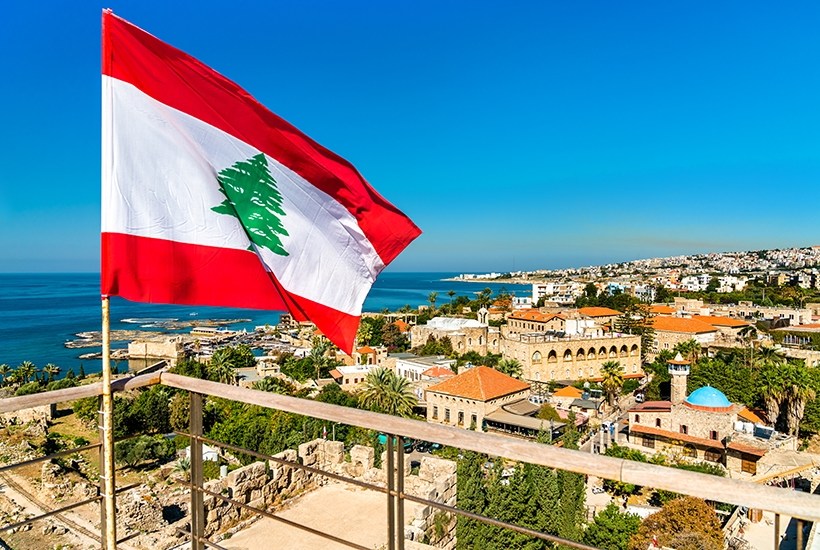
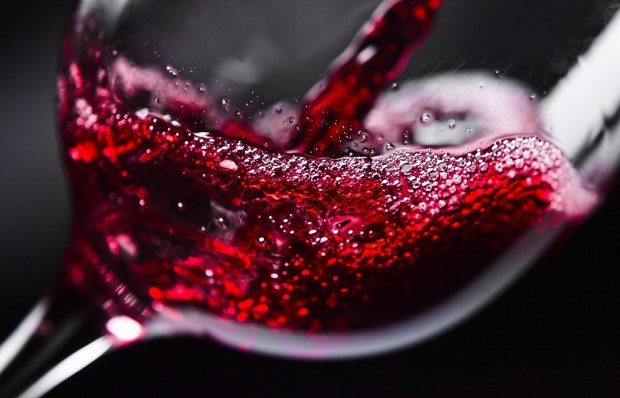
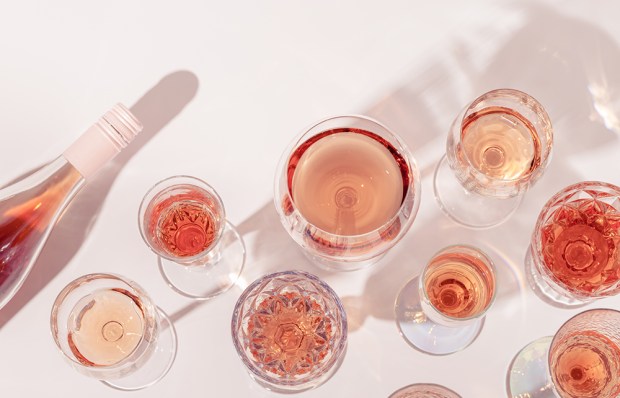
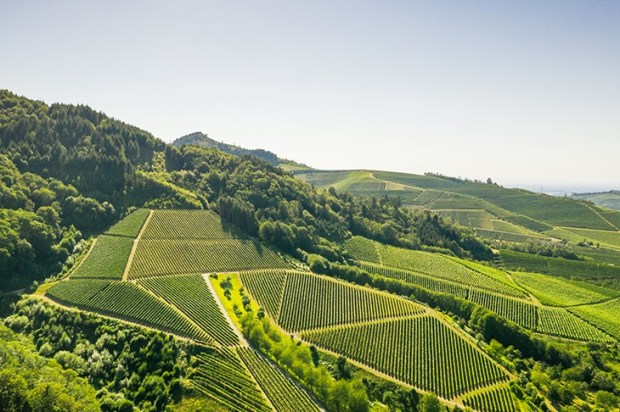
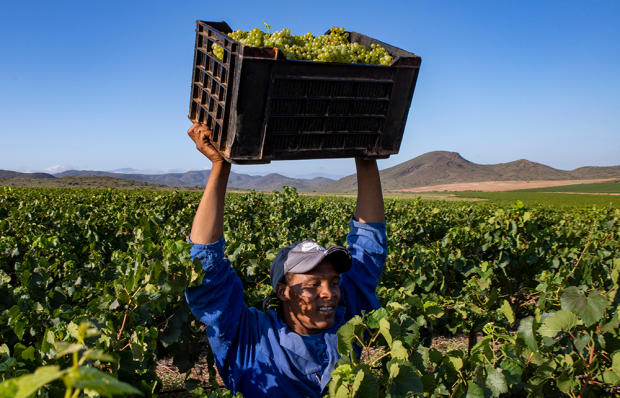








Comments
Don't miss out
Join the conversation with other Spectator Australia readers. Subscribe to leave a comment.
SUBSCRIBEAlready a subscriber? Log in